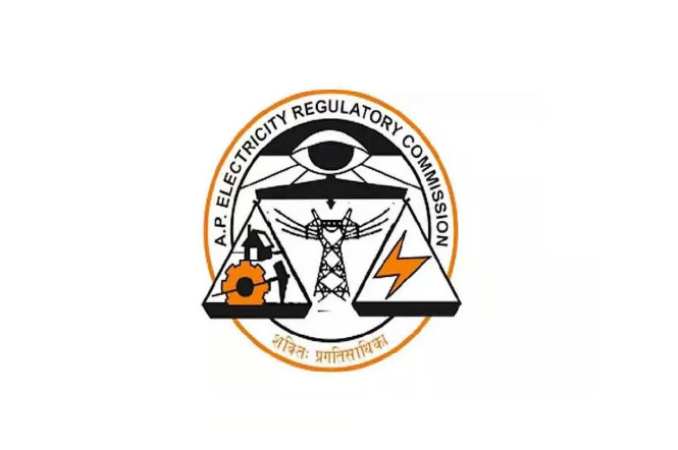
Follow India Renewable Energy News on WhatsApp for exclusive updates on clean energy news and insights
APERC Issues Comprehensive Regulations for Battery Energy Storage Systems
Sept 13, 2025
The Andhra Pradesh Electricity Regulatory Commission (APERC) has notified new regulations for the planning, procurement, deployment, and utilisation of Battery Energy Storage Systems (BESS), positioning storage as a cornerstone of the state’s renewable energy transition. This move supports the Integrated Clean Energy Policy, 2024, which targets around 25 GWh of BESS capacity to enable integration of 160 GW+ renewable energy.
The regulation provides flexible ownership and deployment models, allowing BESS to be installed alongside renewable projects, as standalone assets, embedded in networks, behind-the-meter for consumers, or integrated with EV charging, swapping stations, and Vehicle-to-Grid (V2G) applications. It defines BESS as an essential grid resource capable of delivering frequency regulation, reserves, voltage stabilisation, black start, and demand response.
Key stakeholders—DISCOMs, transmission licensees, generating companies, IPPs, storage service providers, aggregators, and consumers—are all encouraged to participate. Aggregators will play a crucial role in pooling BESS capacities across sites to serve the grid and markets.
For utilities, the regulation mandates that BESS be integrated into resource planning and procurement through competitive bidding, with preference for co-located systems to cut integration costs. Minimum project size is set at 1 MW with four hours of energy rating, though smaller DTR-level systems for rooftop solar storage are permitted.
The Andhra Pradesh State Load Dispatch Centre (APSLDC) will act as the nodal agency, responsible for eligibility, scheduling, metering, and performance oversight. Tariff structures will vary: cost recovery for licensee-owned assets, competitive bidding for third-party providers, and market-linked revenues in ancillary markets.
The regulation also stresses safety, cybersecurity, and environmental compliance, while ensuring open access under the Green Energy Open Access framework. With clear guidelines for dispute resolution and adaptability, the framework marks a decisive step towards scalable storage integration for grid stability and renewable growth in Andhra Pradesh.